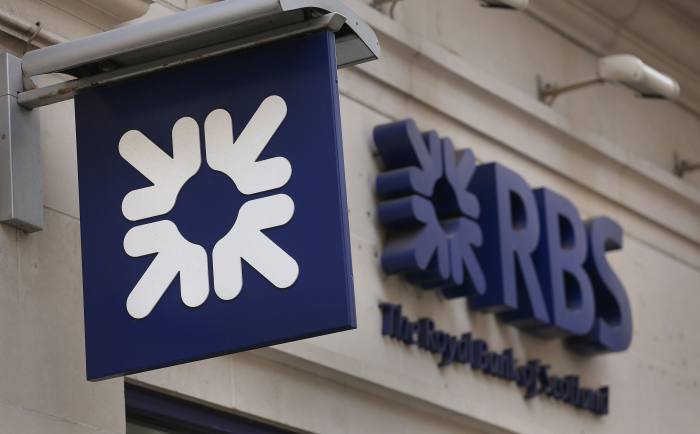
Royal Bank of Scotland has reported a tripling of losses for 2016.
The bank reported losses of £6.955bn for 2016, more than triple its £1.969bn loss for 2015.
This marks the ninth consecutive year of losses for the bank, which is 73 per cent owned by the taxpayer.
According to RBS’ annual results, the bottom line was dragged down by litigation and conduct costs, which amounted to £5.868bn over the course of the last year, as well as restructuring costs of £2.106bn.
Overall, this resulted in an operating loss before tax of £4.082bn, compared with £2.703bn in 2015.
The bank's Personal & Business Banking (PBB), Commercial & Private Banking (CPB) and NatWest Markets (NWM) franchises represented the only bright spot on the balance sheet, with a four per cent increase in adjusted operating profits to £4.249bn for 2016.,
This gave an adjusted return on equity of 11.1 per cent, compared with 11.2 per cent in 2015.
Income across the PBB and CPB channels increased by two per cent year on year, due to higher lending volumes for residential mortgages and commercial lending.
In fact, these two departments surpassed their growth targets of four per cent for the year, with PBB and CPB net loans and advances increasing by ten per cent in 2016.
“We expect that income in 2017 will continue to be supported by balance sheet growth across PBB and CPB,” read the report.
“Within UK PBB, we anticipate that income will increase in 2017 compared with 2016, as we have already absorbed significant margin pressure from the changing mortgage mix and the impact of the sharp fall in interchange rates.
“Across CPB, we expect income to be broadly stable with continued competitive pressure on margins, given the interest rate environment. NatWest Markets is expected to continue to benefit from increased market volatility and customer activity and we anticipate that 2017 income will be above previously indicated targets of £1.3 - £1.4 billion.”
It went on to say that it expects the bank to be profitable by 2018, following a “substantive legacy clean up” in 2017.





